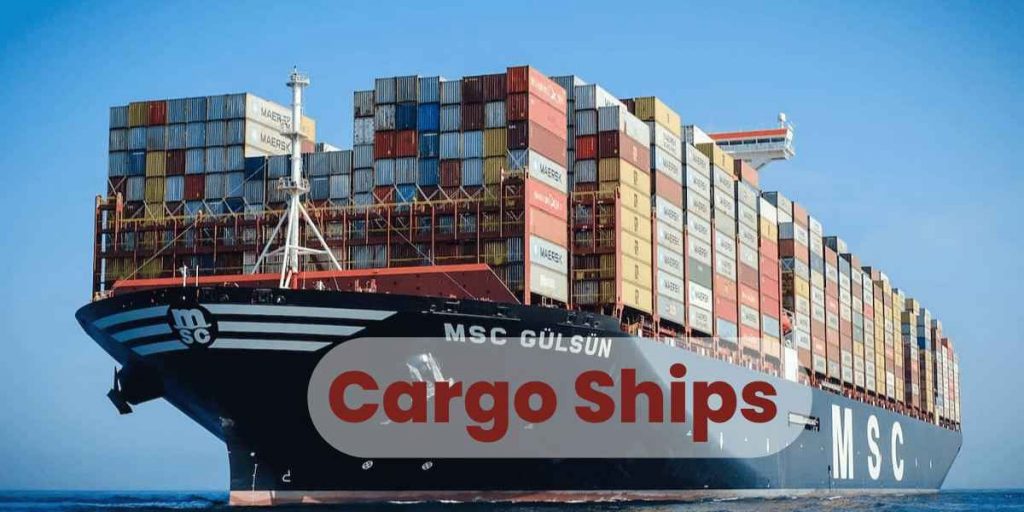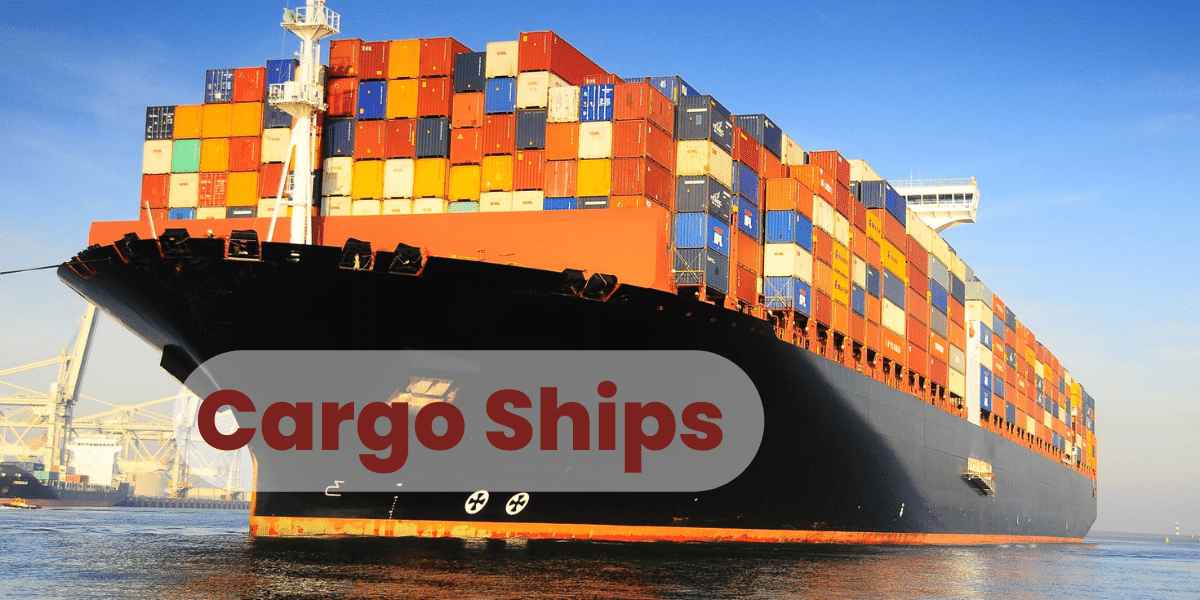Cargo ships are one of the most important vessels in the maritime industry. They transport goods all over the world, and they play an essential role in global trade. Owning a cargo ship can be a profitable investment, but there are a few things you need to keep in mind before you invest. In this blog post, we will explore what it takes to own a cargo ship and some of the key considerations you should make before making your purchase. From the size and type of vessel to the costs involved, read on to learn everything you need to know about owning a cargo ship.
What are the costs of owning a cargo ship?
The cargo ship cost is a complex question to answer, as there are many factors involved. The average cargo ship costs between $8 million and $10 million to buy, operate and maintain, according to the Maritime Administration. In order to purchase a cargo vessel, potential owners must first decide what type of vessel they want. There are three main types of cargo ships: bulk carriers, container ships and oil tankers. Bulk carriers are the largest type of ship and can carry up to 32,000 tons of goods. Container ships are smaller than bulk carriers and can carry between 2,000 and 20,000 containers. Oil tankers are the smallest type of ship and can carry up to 936,000 barrels of oil.
Once the buyer has decided on the type of cargo ship they want, they must determine how much money they have available to spend. Next, they must research the different types of vessels available and make a decision on which one is best for their needs. Vessels range in size from small fishing boats to massive container ships. Once the buyer has chosen their vessel, they must decide what kind of crew they need and whether or not they will use a captain or crew captain. A captain is typically hired by an owner who doesn’t have experience operating a cargo ship themselves. A crew captain is typically hired by an owner who wants more control over their vessel’s operations.
Finally, buyers must pay for their vessel’s registration fee, insurance premiums and port

What are the benefits of owning a cargo ship?
The cargo ship industry is one that has seen a resurgence in recent years, as it offers a number of benefits that make it an attractive option for businesses. Here are some of the key benefits:
1. Cargo ships can move large loads quickly and efficiently. This is especially important in times of emergency or when there are tight deadlines to meet.
2. Cargo ships are reliable and durable. This means that they can handle a lot of stress and survive accidents unscathed.
3. Cargo ships are versatile. They can be used for a variety of purposes, including transporting goods to and from ports around the world.
4. Cargo ships offer a level of security not found in other modes of transportation. This is because cargo ships are heavily guarded and protected by law enforcement officials
How much does it cost to buy a cargo ship?
A cargo ship is a large and expensive vessel used to transport goods. It can be relatively easy to buy one, but it takes a lot of money and resources to own one. Here’s what you need to know:
The average cargo ship cost is around $1 billion. This price includes the cost of the ship, the cost of the equipment on board, and the cost of crew. To put this in perspective, it costs around $5 million to build a small cargo ship.
To purchase a cargo ship, you’ll need money and experience in shipping. You’ll also need a large bank account because cargo ships are very expensive to operate. Additionally, you’ll need access to resources such as fuel and steel. Finally, you’ll need a team of experienced sailors who can help operate the ship.
What are the different types of cargo ships?
Cargo ships can be divided into three categories: dry bulk,container, and tankers. Dry bulk cargo ships are the largest and cost the most to operate. They specialize in carrying grains, ore, and other basic commodities. Container ships are the second most common type of cargo ship. They are mostly used to transport goods in containers that are stacked on deck like a truck load of furniture. Tankers fall somewhere in between dry bulk and container ships. They are designed to carry oil and gas products.
What is the process of buying a cargo ship?
Buying a cargo ship can be an expensive proposition, but there are a few things to keep in mind before you make your purchase. DLI Cargo, a shipping company with over 30 years of experience, provides the following overview of the process:
1. determine your needs: What will your cargo – ship be used for? Is it strictly for moving goods around the world or can it also support other purposes such as carrying passengers or oil rigs?
2. figure out what type of cargo – ship you need: There are three main types of cargo – ships – bulk carriers, container vessels, and oil tankers. Each has its own unique specifications that must be considered when buying one.
3. investigate prices and resources: Prices vary greatly depending on the size and type of the cargo – ship, so it is important to do your research first. Additionally, many cargo – ships require extensive renovations before they can be used commercially; this can add to the cost significantly.
4. set financial restrictions: Cargo – ships can cost tens of millions of dollars to buy and operate, so it is important to set some financial limits in order to avoid getting overwhelmed by the cost.
5. conduct due diligence: Once you have gathered all of your information, it is time to do some formal due diligence on potential cargo – ship purchases. This includes looking at past transactions and reviews from independent sources like Maritime Bulletin Board (MBB). Movers and pakers in UAE.
What are the legalities and responsibilities of owning a cargo ship?
Legalities and responsibilities of owning a cargo – ship can vary depending on the country in which the ship is registered and operated, but generally speaking, there are a few things that every owner must take into account.
First and foremost, a cargo – ship must be registered with the appropriate government authority, usually a port or marine registry. This registration allows the ship to operate legally in the country in which it is located, as well as to carry cargo under the correct authorities.
Shipowners also need to comply with all applicable safety regulations. These regulations may include requirements for each type of cargo that the ship is carrying, as well as mandatory lifesaving equipment and training for crewmembers. In addition, owners must keep accurate records of their vessel’s movements, including dates and ports of call. Failure to do so can lead to fines or even criminal charges.
Finally, all cargo – ships are required to have a crewmember onboard who is qualified to handle emergencies involving shipping. This individual must be trained in first aid and CPR (cardiopulmonary resuscitation). More post visit of cargo related.




